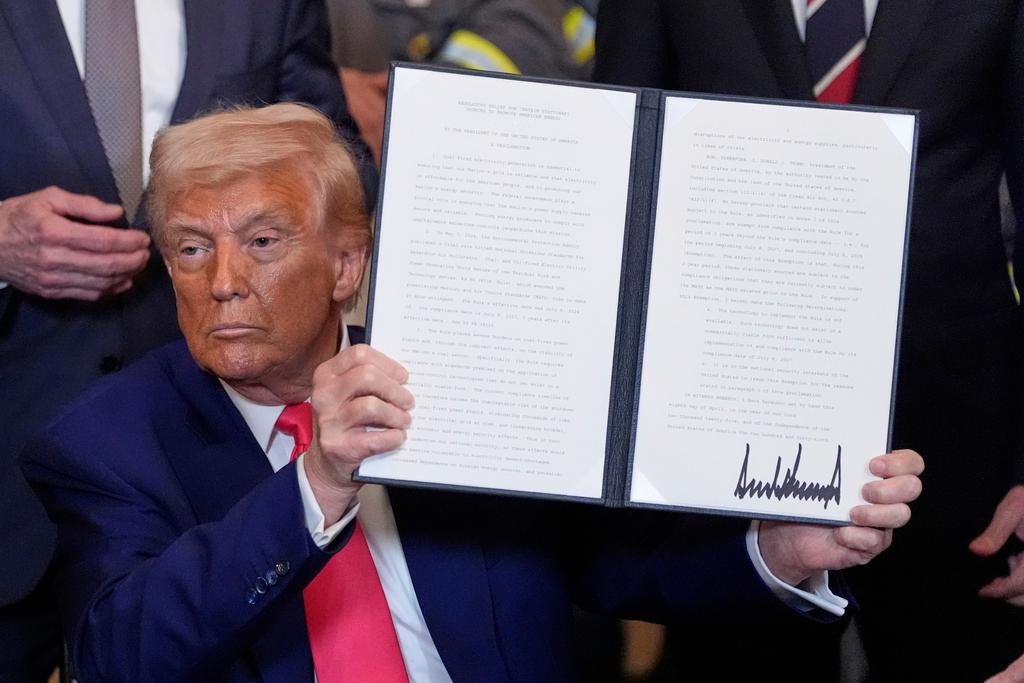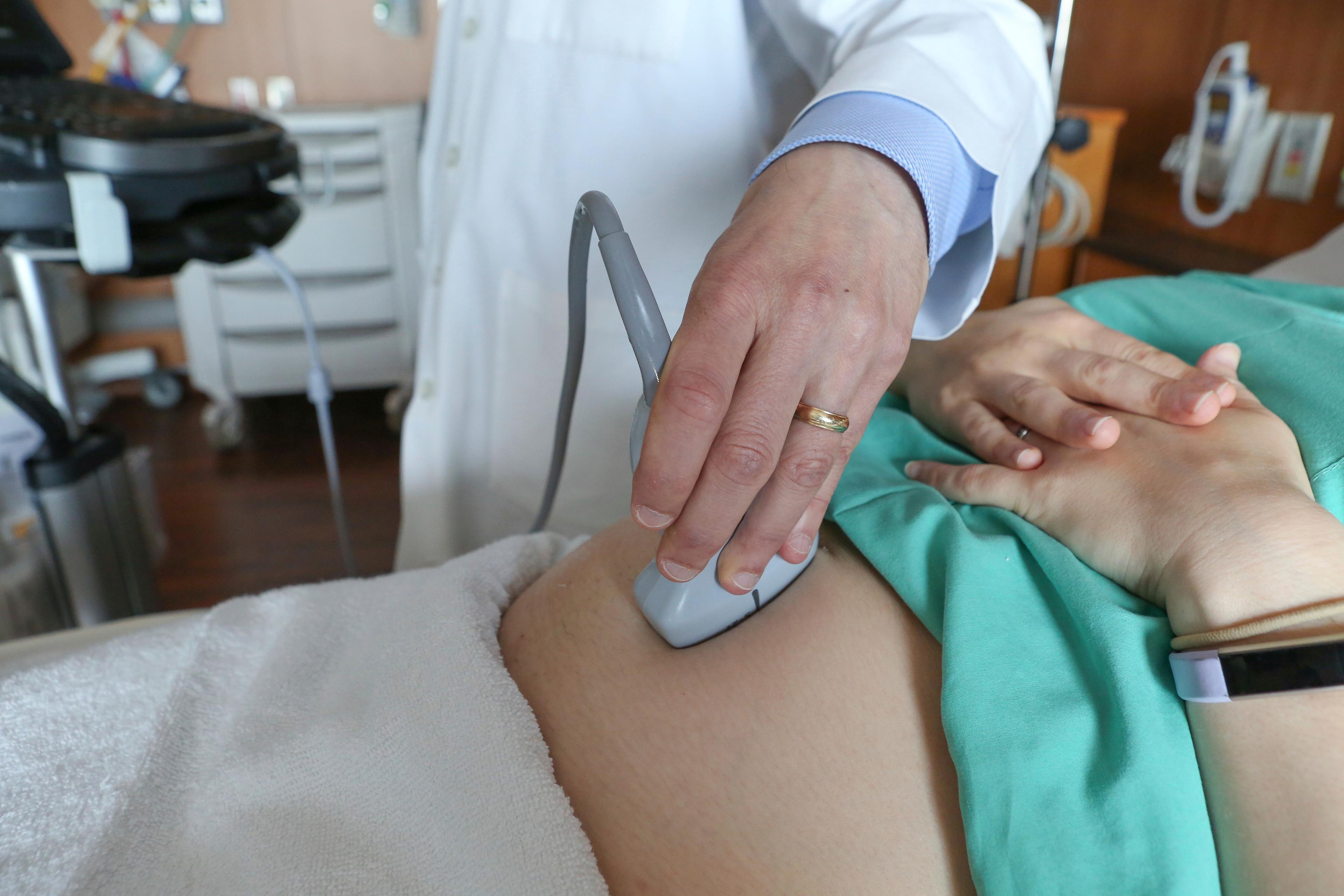District A covers downtown Denver, Capitol Hill, and other transit-reliant neighborhoods. Incumbent Kate Williams faces challengers Kyle Bradell and Tim Nelson.
The candidates appear here by incumbent first, then alphabetical by surname.
What's your elevator pitch for why voters should choose you?
Williams - No elevator pitch was provided by the candidate.
Bradell - I am seeking this office as I have practical and sensible solutions to give riders and taxpayers the most bang for their buck. Since the mid-1990s RTD has steadily built a foundation for itself. However, RTD has taken a turn for the worse as there are three separate committees trying to figure what went wrong in the past and how to move into the future. Thus, it is time that RTD is streamlined so that it will be a success into the future.
Nelson - I am running for the RTD District A Board position because public transit has tremendous potential in Denver. When done right, buses and trains are not just “people-movers” but vehicles to greater economic equality, a healthier population, and more sustainable future. Unfortunately, that is not the reality that exists with RTD right now. I have seen how our system has fallen short of that ideal as a rider and educator and would bring progressive, innovative ideas to move RTD forward to its full potential.
How would you define success for RTD?
Williams - I believe that RTD is successful in many ways now. It is safe, clean, mostly on time, and 100% accessible. Many transit systems throughout the world are not all of those. I would like to see RTD find more ways to deliver reasonable and cost-efficient service, especially in situations that don’t require a 40’bus. The ability to provide service to all would be a success.
Bradell - Success for RTD is when trust has been re-established.
Nelson - RTD’s success as an agency should be defined by ridership and a balanced budget. Measuring success in ridership captures how riders view the agency’s affordability, reliability, and convenience; if ridership is decreasing, RTD is falling short in one of those regards. A balanced budget speaks to sound staffing decisions and project management.
What should RTD prioritize as it tries to rebuild from the coronavirus pandemic?
Williams - RTD should prioritize, now and always, service to those who need it the most – lower-income riders, older adults, persons with disabilities, school kids, inner-city riders who choose to live within transit service and not use a car – and developing ways to provide more service to more people.
Bradell - RTD needs to streamline its rail operations, as an example. There is no need to have three light rail lines operating down the I-25 corridor. These three lines should be merged together to form one light rail line which would put two trains per hour back into Aurora.
Another priority is to allow more riders onto buses and trains. I have seen buses that state they are full and unable to allow additional riders on the bus. This means that riders have to wait for another bus to come which could be 15 minutes. If the next bus is full, then the riders have to wait another 15 minutes. By this time people are late for work and doctor's appointments. As it gets colder I feel so sorry for the people that have to wait in the cold as RTD maintains a maximum number of riders on each bus.
Lastly, the majority of RTD's funding comes from taxes. If we don't shop and go out to eat more, then RTD will continue to falter. RTD is only successful when the Colorado economy can operate at its full potential.
Nelson - RTD should prioritize transit safety and improved service to attract riders back. Transit safety entails thorough, frequent cleanings of vehicles, social distancing guidelines that are clear, and mask enforcement. The well-being of operators and riders is contingent on RTD delivering these initiatives. From there, RTD must give riders a reason to come back beyond merely existing. This means modifying service plans to further increase frequency on popular routes and making adjustments to improve reliability and speed.
What is your personal experience and expertise in transit?
Williams - I am a Certified Community Transit Manager. I started in transit working with persons with disabilities in Miami, and when I moved to Colorado, ran the largest provider of transit services in Douglas County, which was based on service for older adults. I moved to helping those of low vision with transit and other services, making home visits, and began volunteering with The Denver Regional Mobility & Access Council (DRMAC) then. Now I direct DRMAC, serve on RTD’s Board, run one of CDOT’s Regional Coordinating Councils, oversee an air quality program for DRCOG, and serve on a wide variety of transit-related task forces, committees, and advisory councils, speaking for and about transportation needs and options. I am about transit, 24/7. It’s what I do.
Bradell - For expertise, I have been a volunteer member for three years on RTD's Advisory Committee for People with Disabilities (ACPD). Our committee shares and proposes solutions to make the trains, buses, and Access-a-Rides better for all riders that have a disability.
For personal experience, I have an array of experiences and observations that I can share to make RTD better:
- I lived in Madrid, Spain for 1.5 years as a college student and during this time I became well-acquainted on the benefits of a transit system as I used buses and trains on a daily basis.
- To finish my college degree, I had to attend my alma mater's home campus in St. Louis, MO. As a student in St. Louis, I did not have a car. I used the buses, the trains, and my own bike to get around the city. I, also, used Amtrak a number of times to return home on college breaks.
- When I lived in Avon, CO I did not have a car. I had to use the Eagle County bus to get to work in Vail. Furthermore, my apartment was on the side of a mountain and the nearest bus stop was at least one mile away. I, literally, had to walk in all kinds of weather just to get to the bus stop.
- When I worked at the Sheraton Denver Downtown Hotel, I rode light rail most of the time. Occasionally, I would make a connection at Broadway and take the "0" bus up Lincoln to downtown.
- I have traveled extensively around the world and have experienced and observed transit systems in cities like Shanghai, Rio de Janeiro, Los Angeles and Montreal.
Nelson - I am an educator, RTD rider, and transit advocate. As an educator, I have seen how our transit system contributes to inequitable access to opportunities, especially as some Denver residents face displacement due to gentrification. As a rider, I have experienced our system from the inside and the implications of infrequent and costly service. As a transit advocate, I have studied the priorities and innovations that have made other transit systems successful. Collectively, these experiences have helped me develop a lens into RTD’s strengths and where it could be improved for the benefit of all Denver residents.
How much should RTD weigh potential climate impacts in its decision-making?
Williams - A lot. Expanding the overall share of transit use is the quickest way to begin climate reparation. We have to get out of our cars. That means making the transit experience better and more convenient. One of the less recognized impacts of COVID is that it made people afraid to use transit even though data has shown no “spreader events” related to the use of public transit. Feeling safe is part of the experience. RTD is promoting climate change mitigation all day every day, but we have more work to do.
Bradell - RTD should think about the environment. For example, at the September 2020 House District 2 Democrat Zoom meeting I was asked if I support electric buses. I responded with a "Yes." Now, it would not be prudent to immediately purchase brand new electric buses to replace the diesel buses all at the same time. Since RTD does not have unlimited money, I recommend when RTD retires a diesel bus that an electric bus be purchased. Similar to the airline industry, an airline does not receive its entire order of brand new, fuel-efficient 787 aircraft to replace its older 777s and 767s. As one 787 comes on-board, then retire one 777 or 767.
Nelson - Weighing potential climate impacts in decision-making is the right move for RTD because it will lead to better outcomes for the region and its residents. It starts with a more efficient and desirable transit network, which will be climate-friendly in itself by drawing people away from single-occupancy vehicles. From there, RTD should pursue grants (as it successfully did in 2019) to gradually transition its fleet from diesel to electric. Outside funding sources will be necessary until electric vehicles become cost-competitive to purchase and maintain.
Candidate Comparisons
Where do the candidates stand on the issues? We've lined up a comparison of the candidates below. For more in-depth information, click on either "Yes," "No" or "It's Complicated."
2020 Voter Guide Navigation








